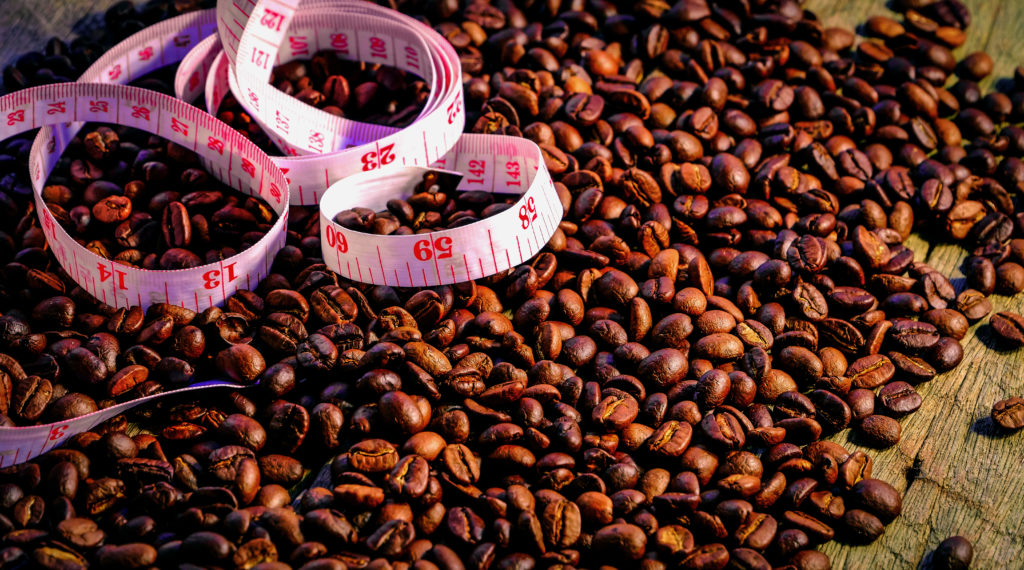
Are you looking for a way to kick start your weight loss journey? Caffeine may be the answer. While it is not a miracle cure, research has shown that caffeine can help with weight loss when combined with other healthy lifestyle habits. We’ll discuss how caffeine affects the body and its potential benefits and risks associated with using it as part of a weight loss plan. We’ll also provide tips on incorporating caffeine into your diet in a safe manner so you can maximize its potential benefits while minimizing any adverse effects.
Caffeine is known to interact with the body in various ways, including its ability to affect weight loss. Studies have shown that consuming caffeine can contribute towards a person’s daily energy expenditure and metabolic rate, potentially leading to greater fat burning. Furthermore, some individuals may experience improved motivation for physical activity and exercise after ingesting caffeine, which can lead to further assistance with weight loss efforts. Naturally occurring sources of caffeine such as green tea may be particularly helpful given that they also provide additional vitamins and minerals, as well as antioxidants which may help to reduce inflammation and oxidative stress. Ultimately, while more research is needed in this area, it appears that caffeine could be one potential tool which could play a beneficial role in achieving desired health goals, such as successful weight loss.
Consuming too much caffeine for weight loss purposes can be a risky endeavor. Caffeine is a stimulant, individuals who take excessive amounts can suffer from side effects such as anxiety, nausea, fast heart rate, headaches, dehydration, and insomnia. Additionally, excessive consumption of caffeine may lead to an unsustainable habit whereby caffeine becomes necessary to achieve a regular level of energy throughout the day. Thus, while an occasional cup of coffee may have some advantages in terms of improving focus and reducing physical fatigue when consumed in moderation, having many cups of espresso, or drinking energy drinks excessively might backfire over time and hinder any efforts towards healthy weight loss.
If you are looking to incorporate caffeine into a healthy diet plan for weight loss, it is important to be mindful of how much you’re drinking and what type of beverage you’re consuming. Unsweetened drinks like black coffee and tea are the healthier options when it comes to getting your caffeine fix. These drinks should also be kept at a moderate amount no more than four cups of coffee or tea per day to keep from exceeding the recommended daily intake. Green and herbal teas take a longer time to kick in, so if you’re a person who craves that energy boost but need something with less caffeine then these options would work better for you. The most important tip remains to always drink responsibly and balance any caffeine consumption with adequate hydration (water) throughout the day.
Caffeine can be beneficial for weight loss when incorporated into a healthy diet and lifestyle plan. It is important to keep in mind the potential risks associated with excessive consumption of caffeine as well as remembering to balance any caffeinated beverages with adequate hydration throughout the day. With mindful use, caffeine could potentially assist you on your journey towards successful weight loss goals. Ultimately, it comes down to understanding what works best for you and making sure that it fits within an overall balanced approach which takes into account all aspects of health including physical activity, nutrition and mental wellbeing.


